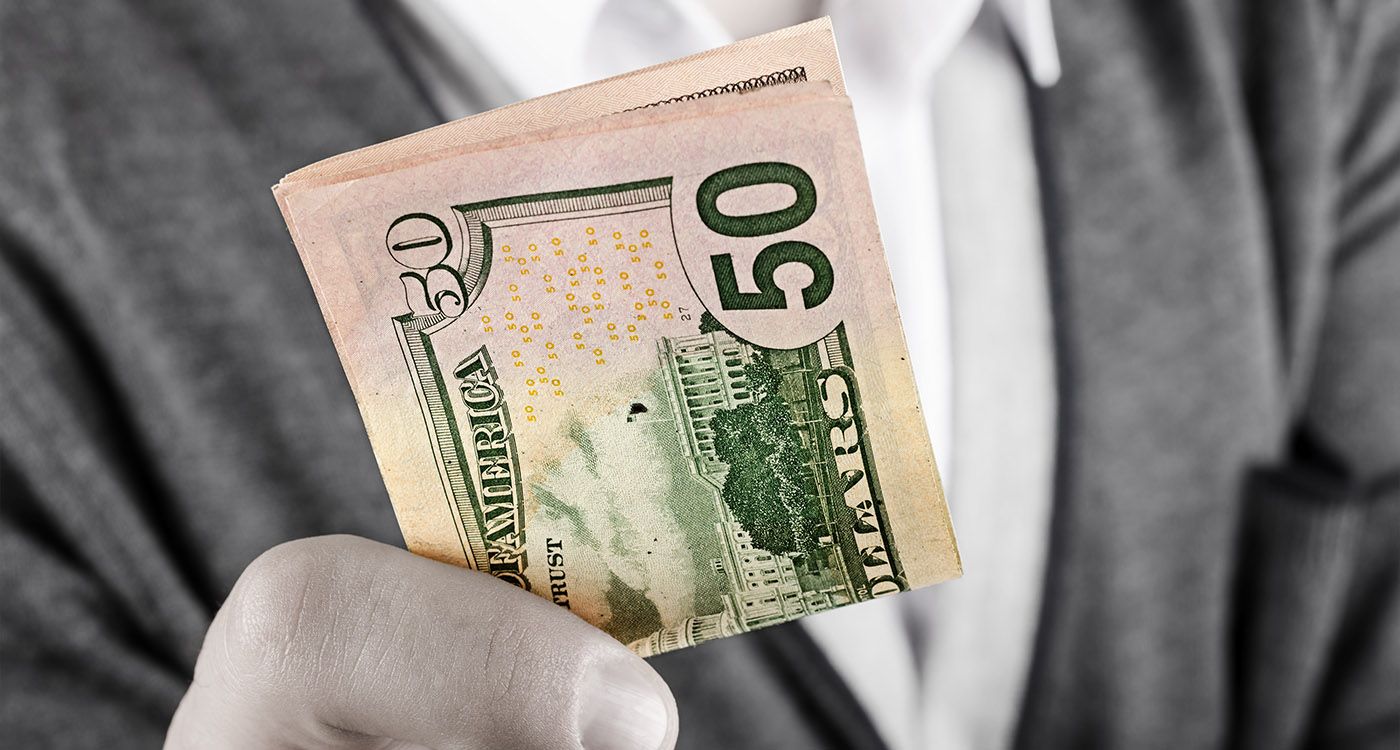
The issue of counterfeit $50 bills appears to be nearing a resolution. Over 80% of shops, supermarkets and gas stations now accept these bills for cash payments. The remaining 15% mainly consists of small neighborhood businesses, which have been particularly affected by the economic crisis and the fragility of a cash-reliant economy.
“Most retailers have updated the software on their bill counters, which are now more efficient at detecting counterfeit notes,” said a source close to the Beirut Traders Association. This update has become a standard practice for suppliers of goods and services, as the circulation of counterfeit currency is a global issue, not one specific to Lebanon.
However, there is no foolproof solution. Every Lebanese citizen is advised to be cautious and vigilant about the source of foreign currencies.
On December 12, the Syndicate of Currency Exchange Operators in Lebanon issued a statement calling for caution in exaggerating the issue of counterfeit $50 and $100 bills. “Investigations show that the current situation is no different from a typical period of currency circulation. Counterfeit bills are easily detected by exchange operators, who swiftly pull them out,” the statement reads.
Currency Exchange Experts
Antoine, an A-category exchange operator licensed by the Lebanese Central Bank (BDL), explained to This is Beirut that he can easily tell a genuine $50 bill from a counterfeit one. However, his business does not involve providing change to clients. “There is no regulation that either prohibits or allows me to do so, but it’s not relevant to my work. My profit comes from the difference between the buying and selling exchange rates of foreign currencies,” he explains.
Furthermore, a banking source interviewed by This is Beirut explained that banks accept cash deposits of $50 and $100 bills into clients' accounts without issue. However, their role is not to provide change in denominations of $10, $20, $50 or $100—meaning, for instance, exchanging a $100 bill for smaller notes such as two $50 bills or five $20 bills, to facilitate private transactions. “Transporting small and new US bills to Lebanon is costly for banks,” he stated.
When asked about the possibility of withdrawing a counterfeit $50 bill from an ATM, the banking source explained that the dollar bills dispensed by bank machines can be easily checked, even without a receipt. In fact, each bank keeps a record of the serial numbers of the bills it dispenses. The client only needs to visit the branch managing the ATM and provide the date and time of the withdrawal to identify the affected bills.
The source reported that some banks have taken an important step by removing $50 bills from their ATMs. In addition, some banks have stopped dispensing this denomination to their clients.
The source explained that the goal of this initiative is to eliminate counterfeit bills from circulation, and the operation is expected to be completed within a few days, as the situation is already mostly under control.




Comments